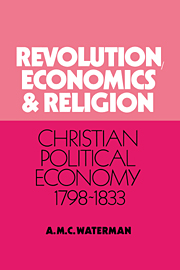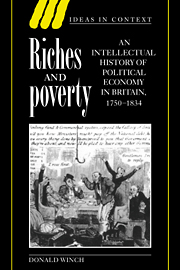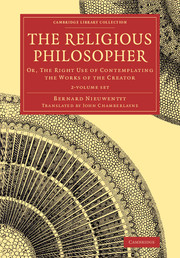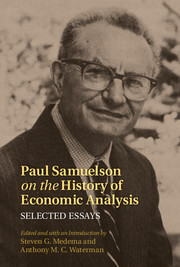Revolution, Economics and Religion
This book is about the intellectual defense against the French Revolution and all "radical" ideas that was developed after Malthus' pioneering Essay on Population was published in 1798. A political economy was developed in the years following which, combined with Anglican theology, was able to discover a middle ground between ultra-Toryism and radical reform. Certain ideas fundamental to modern economics also emerged as a by-product.
Professor Waterman's main purpose is to complete the story of the "intellectual repulse of the Revolution" by describing this ideological alliance of political economy and Christian theology. In doing so he supplies the "missing piece of the jigsaw" in early nineteenth-century English intellectual history.
Reviews & endorsements
"In this carefully argued book, A.M.C. Waterman explores an important theme in late eighteenth- and early-nineteenth century British intellectual history." Catholic Historical Review
"Th[is]...volume...shows energy and scholarly rigor and is very stimulating." Albion
"...one of those books which exemplifies the eye for detail and depth of inquiry to which all scholars aspire. In the process of defending 19th Centural Christian Political Economy, he weaves an intricate historical tapestry of personalities, library collections, correspondence and institutional rivalries. Most significantly, he brings to the forefront significant insights into the interaction between the development of economic theory, theology, and political philosophy at the onset of the 19th century." Roger Johnson, Bulletin of the Association of Christian Economists
"This is a clearly structured and well-written book on the sort of interdisciplinary issue that we all pay homage to but seldom engage in....There is a great deal of very valuable material here: the delineation of the common ground between Godwin and Malthus; the extent to which Godwin adumbrates Marxian thought; the connection between Abraham Tucker and Malthus; the emphasis on theology and the importance of doctrine to those intended for the Church; and the importance of Paley at Cambridge. Much can be learned by paying attention to what Waterman has to say on these issues." Salim Rashid, History of Political Economy
Product details
August 1991Hardback
9780521394475
328 pages
237 × 158 × 23 mm
0.602kg
Available
Table of Contents
- List of figures
- Acknowledgements
- Abbreviations
- 1. Polemic, ideology and 'christian political economy'
- 2. The first Essay on Population: political economy
- 3. The first Essay on Population: theology
- 4. The reconstruction of Malthusian theodicy: Paley and Sumner
- 5. Oxford contributions: Copleston and Whately
- 6. Chalmers and the establishment
- 7. The end of christian political economy
- Appendices
- Bibliography
- Index.







